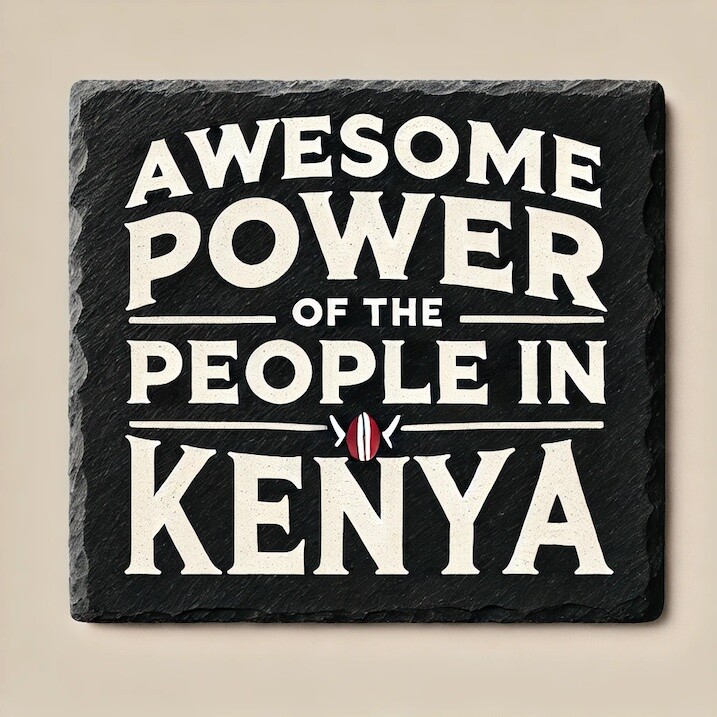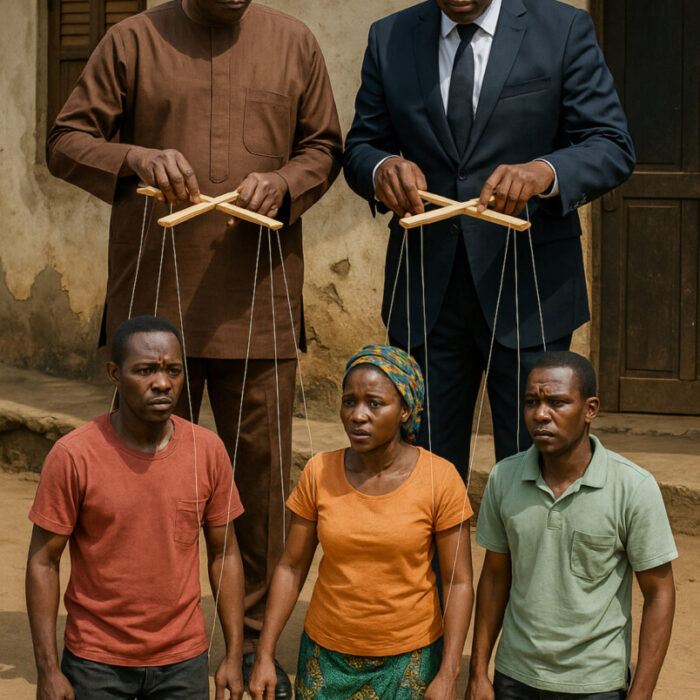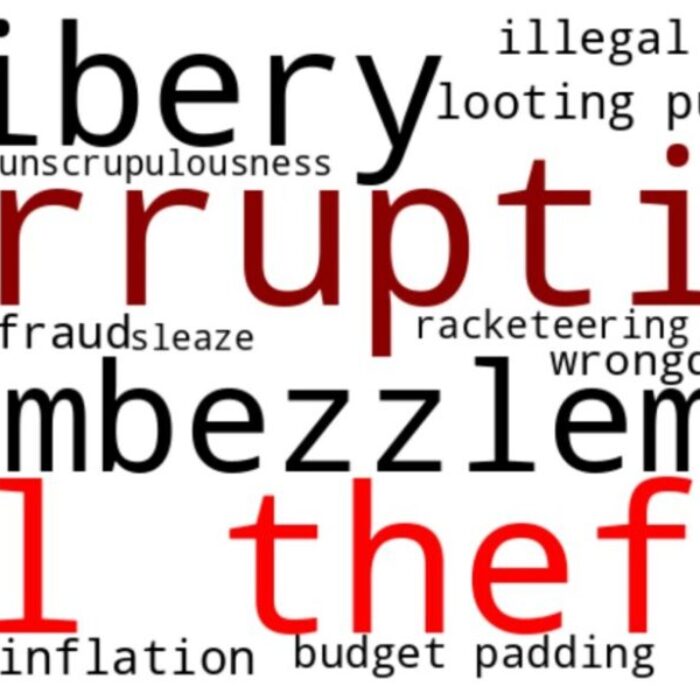By Nnaoke Ufere, PhD
There comes a point when humans, regardless of their station in life, can no longer endure suffering and injustice. That moment has arrived in Kenya.
Like Nigeria, the Kenyan government has been on a borrowing spree and a spending binge, accruing huge budget deficits with little regard for the repayment consequences.
To atone for this reckless financial behavior, President Ruto and his legislative colleagues decided to impose heavy taxes on the poor—a decision that proved to be disastrously wrong.
The unaccountable legislature passed a bill to raise taxes by up to 25% on essential items such as bread, milk, rice, fuel, and tampons, worsening the severe hardships faced by impoverished Kenyans. Does this sound familiar, Nigerians?
This is while the president and members of his administration continue to live lavishly. At the root of Kenya’s crisis is incompetent, corrupt, and unaccountable leadership—a situation that resonates deeply with Nigerians.
The Kenyan government, heavily influenced by the World Bank and the International Monetary Fund (IMF), implemented these tax policies without considering their disastrous impacts on the masses and the potential for social unrest.
However, the Kenyan people reached their breaking point and declared that enough is enough. They took to the streets in protest, initially peaceful, but the government responded with deadly force, resulting in the deaths of numerous citizens.
Finally, President Ruto has capitulated and surrendered. He announced on Wednesday that he would withdraw the proposed law on large-scale tax increases, a day after authorizing the police and military to use lethal force against protesters. This echoes the familiar tragedy at the Lekki Gate massacre.
In his stunning surrender speech, President Ruto said Kenya will “assert sovereignty” in repaying its debt. This implies that Kenya no longer wants to be held captive by the radical adjustment program mandated by foreign creditors and the World Bank and IMF.
However, it’s too late; the damage is done, and the people’s trust has been irrevocably broken. The struggle for a government that truly serves its citizens, free from external manipulation and internal corruption, has only just begun in Kenya.
The power of the people has already been unleashed. This marks the beginning of the end for Ruto. He and his World Bank instigators failed to anticipate the power of oppressed people fighting back.
The seeds of revolution have been planted, and there is no turning back for Kenya. Now, the people must continue their struggle to oust President Ruto. He must go.
Why Did Kenyan Youth Succeed?
The way Kenyan youth planned and executed the successful protests is instructive for Nigerian youth. Nigerians who aspire to rebuild the nation they desire and deserve must adopt and internalize these strategies peacefully.
Here’s how these five factors contributed to the success of the protests, leading to the president’s withdrawal of the proposed tax increases:
1. Clear and Unified Objectives:
– The Kenyan protests were driven by a clear and unified objective: the rejection of the Finance Bill 2023, which proposed significant tax increases on essential goods and services.
– The focused goal of withdrawing the tax hikes on necessities like bread, milk, and fuel unified various segments of the population, from urban dwellers to rural communities, around a common cause.
2. Effective Protest Leadership and Organization:
– Leadership and organized structures played a crucial role in the Kenyan protests. Opposition leaders, particularly Raila Odinga and his Azimio coalition, provided strong leadership and clear messaging that helped galvanize the public and maintain momentum.
– Grassroots organizations and civil society groups, including human rights organizations like Amnesty Kenya, coordinated efforts and provided logistical support for the protests.
3. Mass Participation and Inclusive Mobilization:
– The protests saw widespread participation from various demographic and socioeconomic groups. All ethnic groups were involved because the suffering affected them all. Unemployed youth, working-class citizens, and professionals all joined in, reflecting the broad impact of the proposed taxes.
– Social media played a crucial role in mobilizing people and disseminating information, ensuring high levels of engagement and participation across the country.
4. Nonviolent Discipline:
– Maintaining nonviolent discipline helped garner public sympathy and avoid giving the government a pretext for harsher crackdowns. Despite the use of lethal force by the police, the majority of the protests remained peaceful, with demonstrators focusing on civil disobedience and nonviolent tactics.
– The commitment to nonviolence helped maintain international support and pressure on the Kenyan government to respond to the protesters’ demands without further escalation of violence.
5. Strategic Use of Media and Communication:
– Effective use of media and communication technologies amplified the message of the protests and attracted global attention. Social media platforms like Twitter and Facebook were extensively used to organize protests, share live updates, and broadcast the realities of the demonstrations.
– Mainstream media coverage of the protests and the subsequent government crackdown further highlighted the plight of the protesters and pressured the government to act.
Lessons for Nigerian Youth
The events in Kenya hold significant lessons for Nigerian youth. The government is, fundamentally, an extension of the people, and people power can bring it to its knees.
The Kenyan protests were not organized by labor unions but were self-organized by citizens through social media, with labor unions as participants.
While the government may resort to violence and killing to suppress dissent, the power of the masses will ultimately prevail over the evil forces deployed by the government.
Success requires perseverance. To win, people must not give up at the first sign of violence or the sight of those killed by the police. The government uses such tactics to intimidate and instill fear.
Call to Action
Nigerians must wake up and demand an end to government policies that have caused widespread suffering and death from starvation. President Tinubu’s policy blunders must be stopped peacefully before the nation falls apart. Tinubu must reverse his harmful policies that are killing citizens.
When your votes don’t count, politicians remain unaccountable, and your suffering is ignored, the power to effect change lies in the hands of the people. The time for peaceful action is now.





